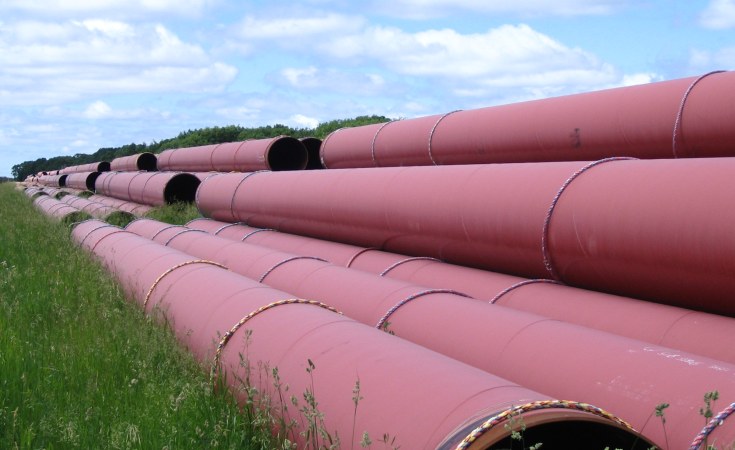Cape Town — The South Africa-based energy and chemical giant says it no longer plans to invest in a planned gas pipeline from Mozambique to South Africa to avoid being locked-in to costly fossil fuel infrastructure in the longterm, according to BusinessTech.
As the worst effects of the climate crisis are being felt across the world, but more especially in Africa, fossil fuel companies are coming under increasing pressure to move to more sustainable forms of energy.
The company instead plans to focus on options that involve less investment considering the company's predictions of higher gas demand following an exit from coal. Liquified natural gas (LNG) imports are another area of focus. Plans between South Africa and Mozambique to utilise LNG began in 2016 when the two countries intended to grow their respective economies and produce jobs.
But while many companies and countries are opting to develop natural gas as part of the move away from petroleum, gas is still a fossil fuel. And while it may arguably be less polluting than coal, its still harmful to the environment especially as production is being ramped up around the globe.
The move also comes as Mozambique continues to suffer violence in the province in Cabo Delgado. Attack by an militant insurgency, which has already displaced thousands, also prompted fellow fuel giant Total to abandon its installations on the Afungi peninsula and to evacuate its staff in April 2021.
Sasol, the nation's second-largest emitter of greenhouse gases, has targeted a 30% reduction in emissions by 2030. It aims to do this by using natural gas as a replacement for the coal used to create synthetic fuel and chemicals.
Meanwhile, South Africa's plans for a just energy transition have been waylaid by after a recent announcement that there are currently no plans to discontinue the use of coal. The statement was a an echo of the nation's stance at COP26 where the nation refused to support a pledge signed by 40 nations and institutions to end coal financing by the 2030s for major economies, and the 2040s for poorer nations.


